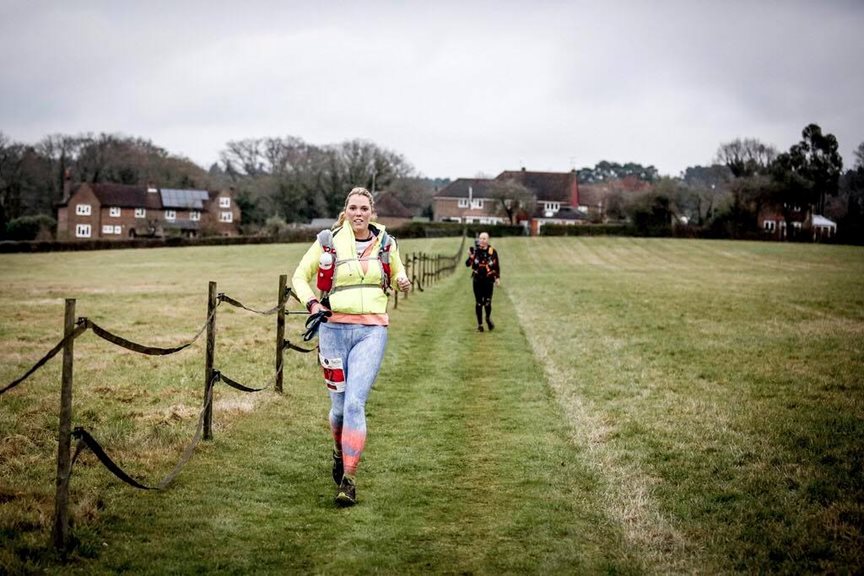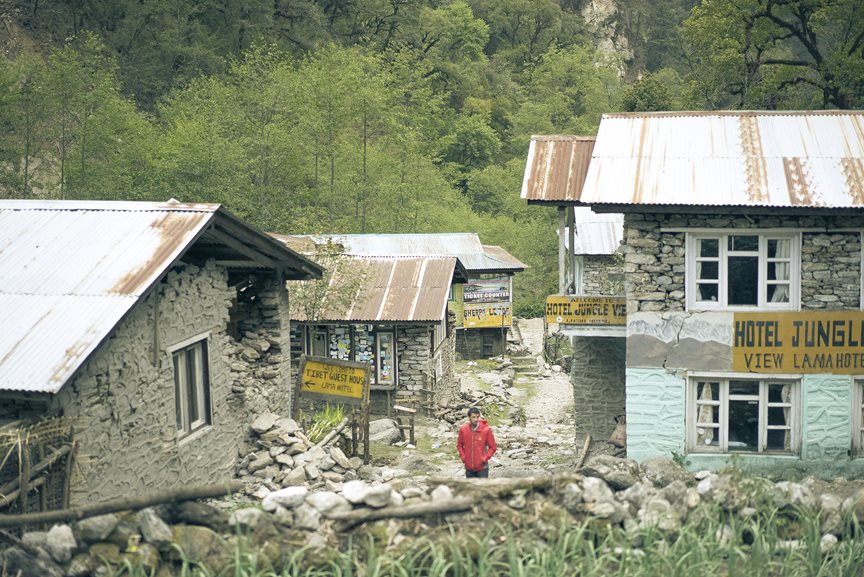Last updated: 02-Mar-16
Written by Sports Dietitian Rin Cobb
If like me you cannot function in the morning without that first cup of freshly brewed coffee, you’ll already appreciate the rousing properties that caffeine has to offer. This age old natural substance has been delighting folk around the world since the early 13th century from bean broths to the modern day triple shot mocha macchiato.
But it’s not just coffee beans that offer our daily caffeine fix; tea, chocolate, kola nuts, yerba mate and guarana are all natural sources too and added in varying degrees to different foods and drinks, particularly those that claim to give you wings.
You may also have come across various sports supplements containing caffeine such as sports drinks, gels, sweets and bars and there’s a very good reason for this. Caffeine has proven it’s worth on numerous sporting occasions by improving physical endurance, mainly through helping you feel less fatigued whilst enhancing your mental alertness and concentration. It can even help your brain to think you’re not running as hard as you are and make the whole experience more enjoyable. Certainly cyclists have adopted regular espresso stops into their long Sunday rides for years.
As ultra runners I have no doubt you’ve all experienced a moment of low morale or found yourselves struggling to understand how you’ve become temporarily unaware of your location but this is where a caffeine gel or even a cup of checkpoint tea could give you that boost you need to finish the race in such a positive frame of mind, you sign up to another as soon as you get home.
This boost however is not immediate and can take between 45 to 90 minutes to take affect so it’s worth considering this when planning how and when to get your caffeine fix. If doing a shorter training run, having a larger dose of caffeine of ~6mg/kg body weight 1hr before may be enough to see you through but if going out for a longer training run or ultra race, smaller but more frequent doses of ~1-3mg/kg maybe more useful.
You can however have too much of a good thing with some describing palpitations, feeling jittery and shaky as well as getting in the way of recovery and sleep patterns so regular high doses of caffeine (>500mg/day) are generally discouraged. Some may also find themselves more sensitive, experiencing these unwanted side effects at much lower doses, which may exclude them from using caffeine at all.
If you’re thinking all this caffeine might mean more frequent trips to the toilet, generally speaking this is a bit of an old wives tale as regular tea and coffee drinkers appear to build up a tolerance to their daily caffeine fix, unless of course you’re having a very high dose of 300mg or more in one sitting which may have a diuretic affect. If you happen to be a gentleman of a certain age where your prostate has enlarged, you may find limiting or stopping your caffeine intake helps with the need to pee frequently. However for many, their habitual tea habit contributes considerably to their daily fluid intake so if stopped could actually lead them to become dehydrated which ironically they were trying to prevent in the first place.
The tricky part can be figuring out how much caffeine you’re actually having on a daily basis if going by these guidelines. Most sports products will state how much caffeine they contain but if you’re more of a coffee or tea connoisseur this can vary considerably depending on size, strength and even which coffee shop you frequent. To give you an idea though, some more common sources are listed below:
Can of diet coke 11mg
Cup of tea 33mg
Chocolate (50g) 5-35mg
Cup of instant coffee 45mg
Can of coke 70mg
Can of Red Bull (standard 250ml) 80mg
Energy gel + caffeine 5-100mg
Sports sweets + caffeine (pack) 50-100mg
Cup of brewed coffee 111mg
Sports drink (500ml) 30-150mg
* Cup is 190ml
If you’re thinking about trying caffeine during your long runs, try going for options you already use and which you know work for you so if you’re a lover of the old faithful energy gel, try one with caffeine at an opportune moment to test it out for yourself. If you’re a habitual coffee drinker then a strong coffee before you set out might suit you better. Having a few options for race day is always good practice so try varying your drinks, gels and sweets with some caffeine options for those less motivated moments.





